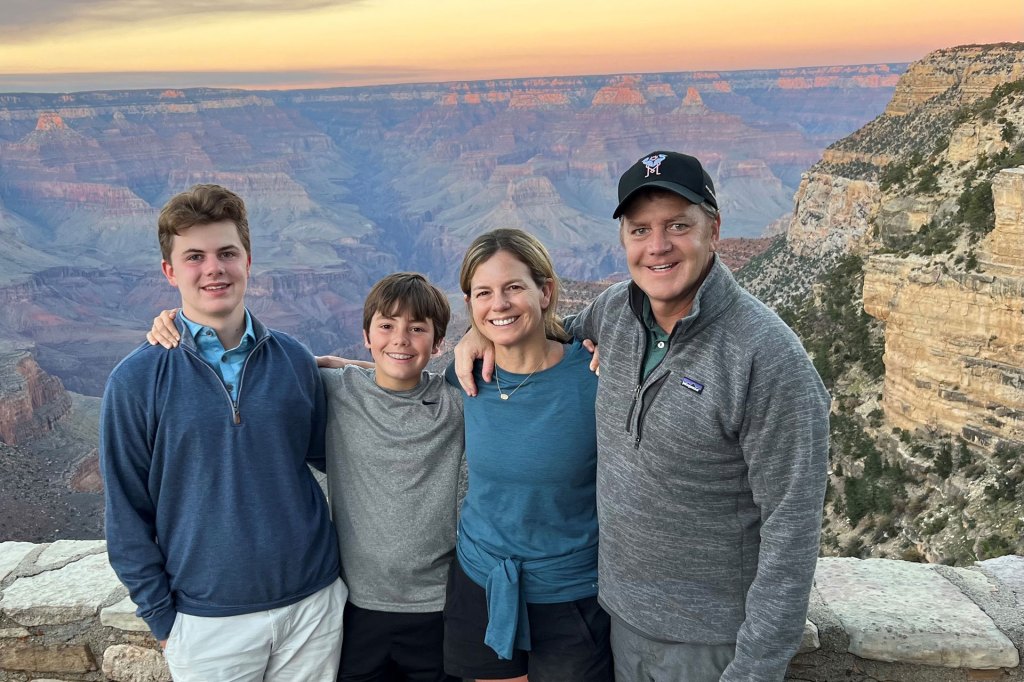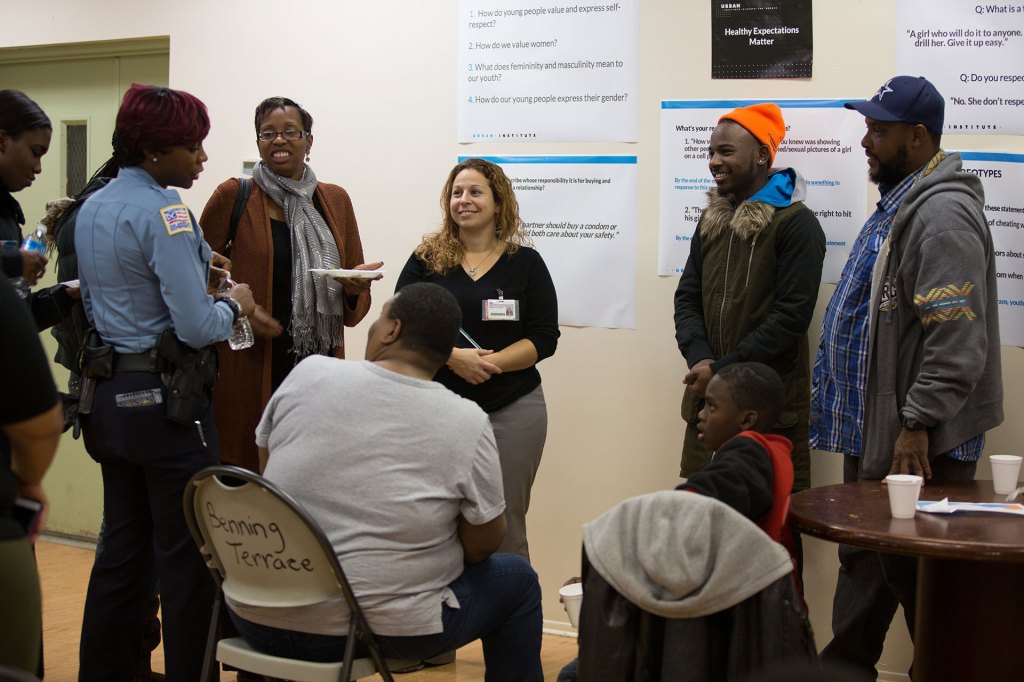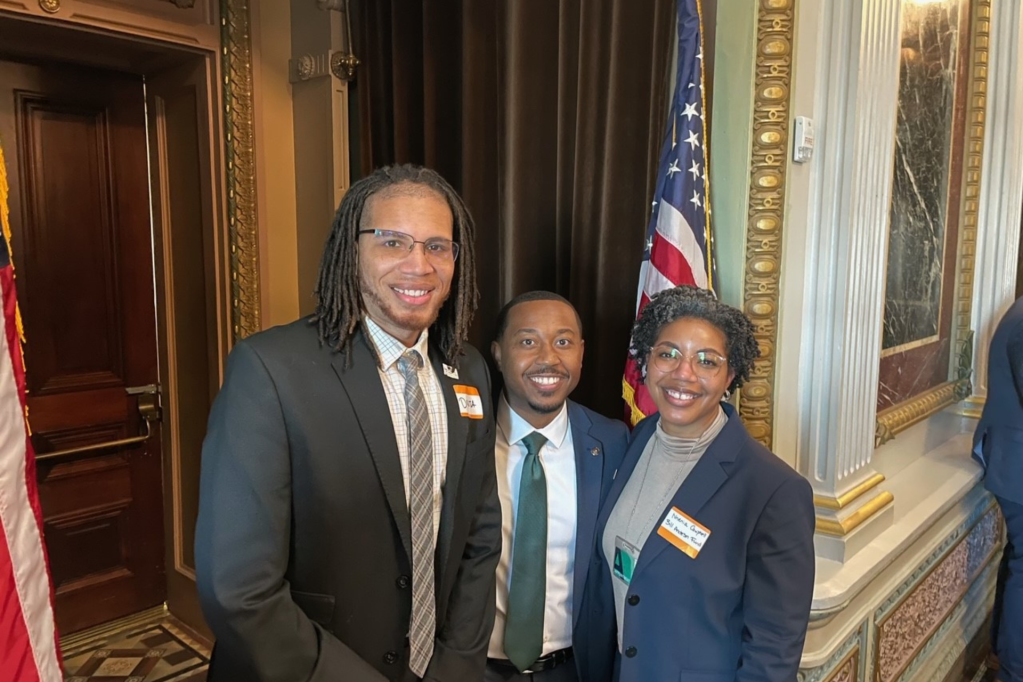Atlanta Fed
-
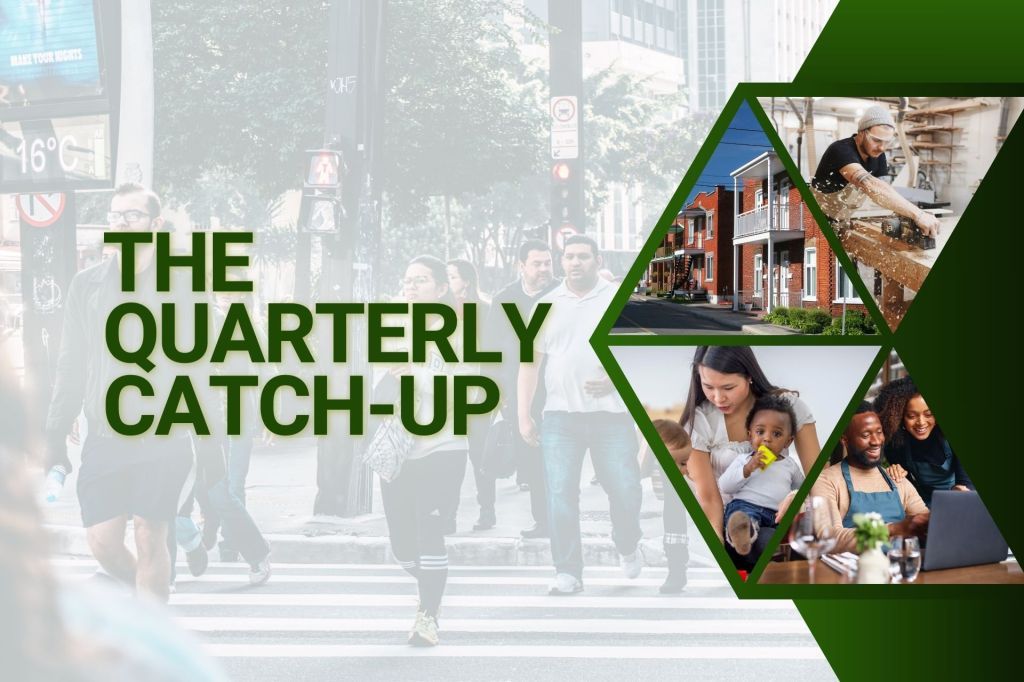
The quarterly catch-up, Q2 2024
Check out the latest community development-related research, analyses, and articles from all 12 Federal Reserve Banks and the Board of Governors. This post captures content published between April 1 and June 30, 2024, on topics affecting marginalized communities.
-
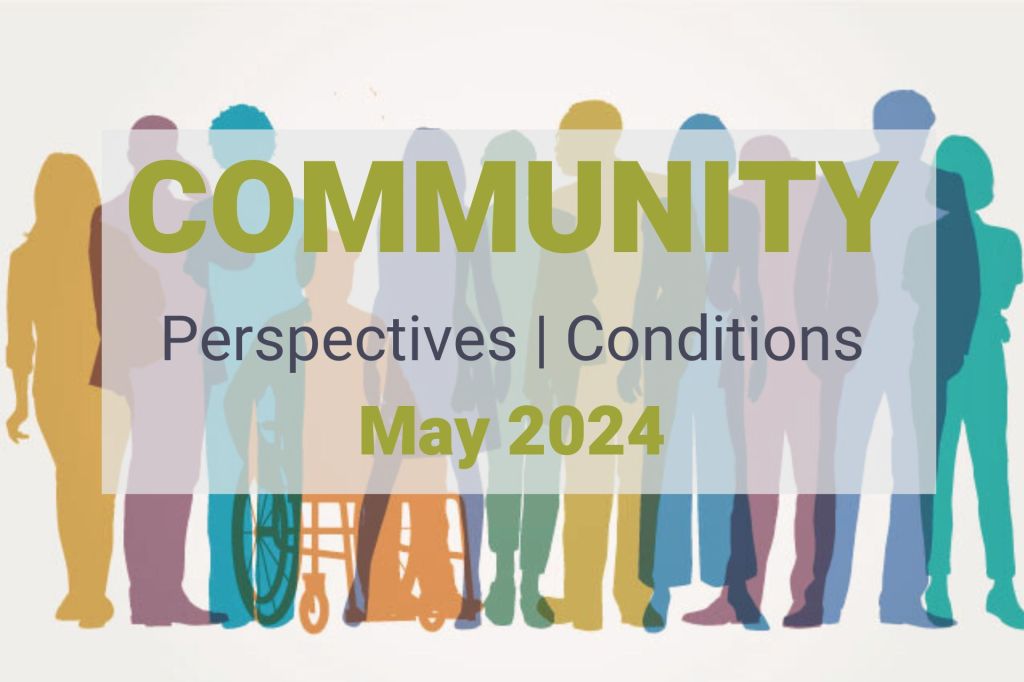
Community perspectives and conditions from the Fed’s Beige Book, May 2024
Here’s what nonprofit and community leaders, and workforce professionals serving lower-income people shared with the Federal Reserve for the May 2024 Beige Book.
-

How the Fed goes beyond the data to try to make the economy work for everyone
Utilizing qualitative data from various sources helps paint a comprehensive picture of economic well-being and guides policy discussions at the Federal Reserve. Amidst uncertainties, staying connected to the pulse of real-world experiences remains key.
-

Losing the family home, with ripples down the bloodline
Heirs’ property situations can strain family relationships and put billions of dollars of wealth at stake. Read one woman’s story and learn how she’s now working to help others preserve their family ties, homes, and financial stability.
-
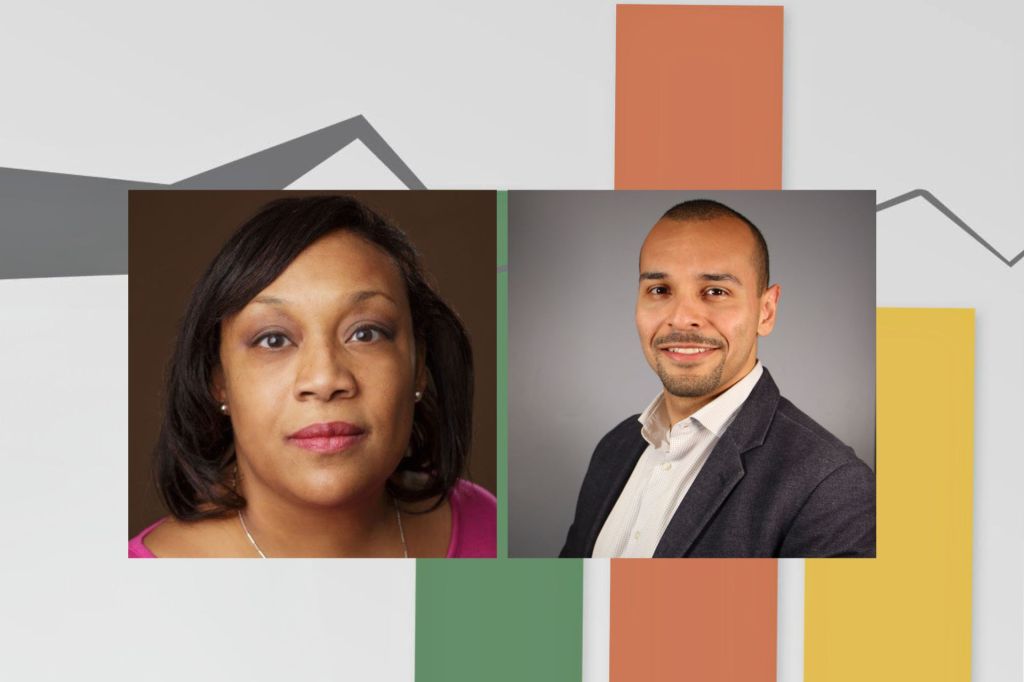
A conversation on economic inequality and labor market disparities
This podcast explores the challenges of labor market disparities and economic inequality. Dr. Niki vonLockette shares insights into systemic discrimination and policies for equal employment opportunities.
-
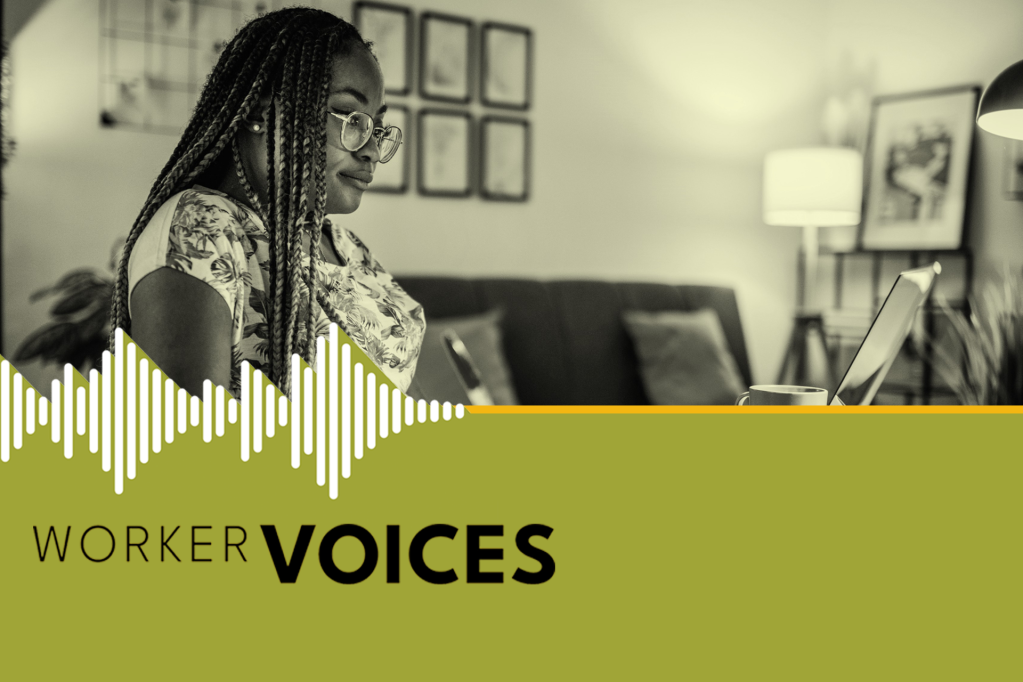
Worker Voices Special Brief: Pursuing Advancement through Personal Investment
Worker Voices participants described their persistence in taking steps to improve their employment outcomes. They pursued skill-building opportunities and were more willing to leave lower-quality jobs, sometimes to pursue self-employment instead. However, their efforts were met with mixed results.
-
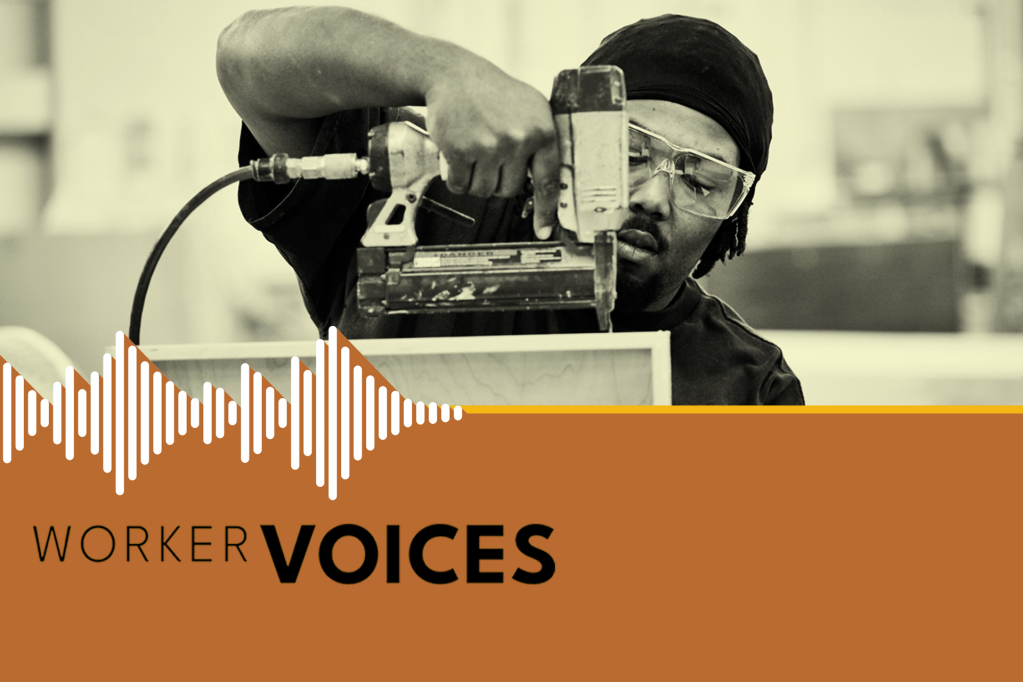
Worker Voices Special Brief: Barriers to Employment
Worker Voices participants described the challenges facing individuals without a four-year degree as they navigated the job market during a global pandemic. Common barriers to work included an evolving labor market, individual attributes, work-family conflicts, and concerns regarding individual well-being.

